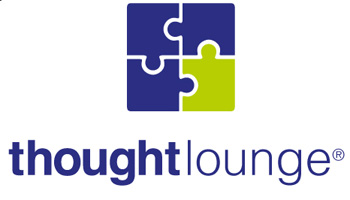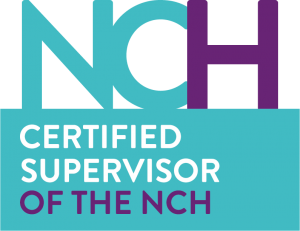What Can I Expect From Hypnotherapy Supervision?
Here are some Frequently Asked Questions
1. What is hypnotherapy supervision, and why is it important?
Hypnotherapy supervision is a process in which a qualified supervisor provides guidance, feedback, and support to hypnotherapists in their professional development. The purpose of supervision is to ensure that hypnotherapists are providing safe, ethical, and effective care to their clients.
Supervision helps hypnotherapists to reflect on their practice, identify areas for improvement, and develop their skills. It can also provide emotional support and help hypnotherapists to manage difficult cases or challenging situations. By receiving regular supervision, hypnotherapists can improve their practice and provide better care to their clients. Additionally, supervision is often a requirement for membership in professional organizations, ensuring that hypnotherapists maintain high standards of professionalism and ethical practice.
2. How often do I need to attend supervision sessions?
The NCH requests that in the first 3 years / 300 client hours of qualified practice, that a you would have 30 minutes per month or an average of 6 hours per year.
3. What happens during a supervision session?
During a supervision session, we will engage in a process of reflection, discussion, and feedback to support the your professional development.
The content of a supervision session can vary depending on your needs (of the hypnotherapist), but typically involves discussing the caseload, exploring issues or challenges that have arisen, and reviewing specific client cases.
I can also provide feedback on your skills, techniques, and interventions, to help you identify areas for improvement. I can also provide guidance on ethical issues or challenging cases, and help you to develop strategies for managing difficult situations.
Supervision sessions are confidential, and you are encouraged to be open and honest in order to receive the most effective support. The ultimate goal of supervision is to help to provide safe, ethical, and effective care to clients, and to continuously develop the hypnotherapists skills and knowledge as a practitioner.
4. Can I receive supervision online, or do I need to attend in-person sessions?
In person is preferred but I am happy to, and do, conduct sessions on line via Zoom.
6. How much does supervision cost?
My fee is based on my hourly rate.
7. What are the benefits of supervision for my hypnotherapy practice?
There are many benefits of supervision for hypnotherapists and their practice. Here are some of the key benefits:
-
Professional development: Supervision provides an opportunity for hypnotherapists to reflect on their practice, identify areas for improvement, and develop their skills and knowledge as a practitioner.
-
Accountability: Supervision helps to ensure that hypnotherapists are providing safe, ethical, and effective care to their clients, and can provide reassurance to clients that their therapist is accountable to a qualified supervisor.
-
Emotional support: Hypnotherapy can be a challenging profession, and supervision can provide emotional support and help hypnotherapists to manage stress and difficult cases.
-
Enhanced client outcomes: By receiving regular supervision, hypnotherapists can improve their practice and provide better care to their clients, resulting in improved client outcomes.
-
Professional recognition: Many professional organizations require hypnotherapists to receive regular supervision as a condition of membership, providing recognition of their commitment to maintaining high standards of practice.
8. Do I need to inform my accrediting body of who my qualified supervisor is?
Yes, it is necessary for NCH hypnotherapists. I make the assumption that this is also the case for other organisations. Here is the link to the NCH Supervision page:
https://www.hypnotherapists.org.uk/supervision/
If you want to make an appointment please book here. https://thoughtlounge-clinical-hypnotherapy.selectandbook.com/
The Taboos in Therapy
In addition to the practical hypnotherapy supervision alluded to above, there is also a side to therapy that people do not consider, nor talk about.
These could include, Sexual Feelings, arousal or fantasies, feelings of incompetence, dislike of a client, biases, boredom, fears, guilt... there are many more.
It is important as a supervisor that these topics can be discussed openly, honestly and with courage. Therapists can create an idealised version of themselves and hide flaws inside this persona and would never think that they could ever succumb to one of the taboos.
As a supervisor, as a Hypnotherapist, I am very able, capable and ready to confidentially discuss these areas with my clients - our aim is to be the best practitioners we can be.
Book an appointment today and speak with me. https://thoughtlounge-clinical-hypnotherapy.selectandbook.com/
References:
Murdoch, E. & Arnold, J., (2013). Full Spectrum Supervision: Who you are is how you supervise. 1st Ed. Panoma Press Ltd. Herfordshire.
Pope, S., et al. (2009). What Therapists Don't Talk About and Why: Understanding Taboos That Hurt Us and Our Clients. 1st Ed. American Psychological Association. Washington DC. US.






